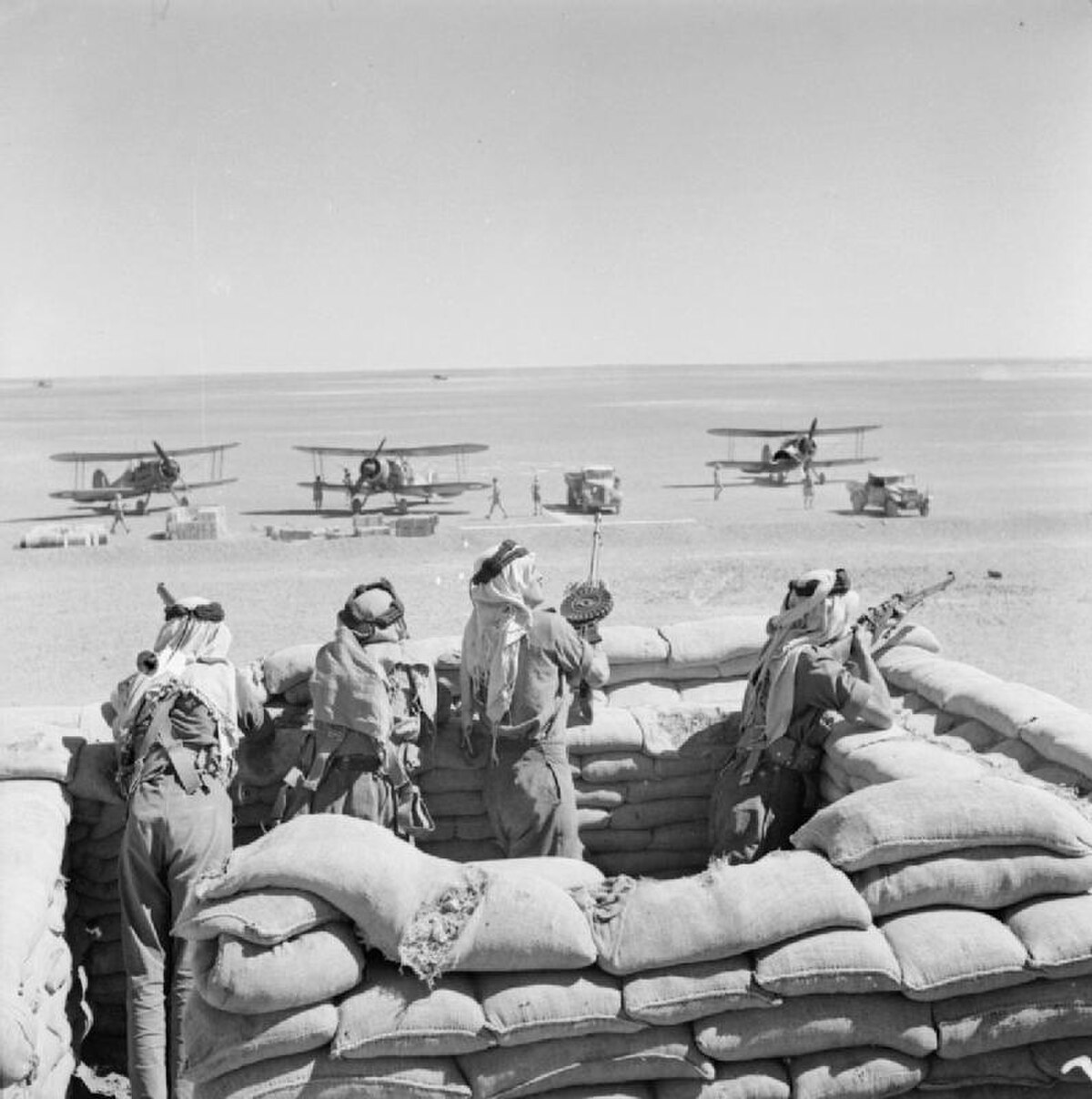
Anglo-Iraqi War
IraqThe Anglo-Iraqi War, a significant conflict during the Second World War, was a British-led Allied military campaign against the Kingdom of Iraq under the leadership of Rashid Gaylani. Gaylani had come to power in the 1941 Iraqi coup d'état with support from Germany and Italy. The outcome of this campaign was the fall of Gaylani's government, the re-occupation of Iraq by British forces, and the reinstatement of Prince 'Abd al-Ilah, a pro-British Regent, to power.
Since 1921, Mandatory Iraq had been under British governance. The Anglo-Iraqi Treaty of 1930, established prior to Iraq's nominal independence in 1932, faced opposition from Iraqi nationalists, including Rashid Ali al-Gaylani. Despite being a neutral power under Regent Abd al-Ilah, Iraq's government leaned towards Britain. In April 1941, Iraqi nationalists, backed by Nazi Germany and Fascist Italy, orchestrated the Golden Square coup, toppling Abd al-Ilah and appointing al-Gaylani as Prime Minister. Al-Gaylani's establishment of ties with the Axis powers prompted Allied intervention, as Iraq was strategically located as a land bridge connecting British forces in Egypt and India.
The conflict escalated with Allied airstrikes launched against Iraq on 2 May. These military actions led to the collapse of al-Gaylani's regime and the restoration of Abd al-Ilah as Regent, significantly bolstering Allied influence in the Middle East.
